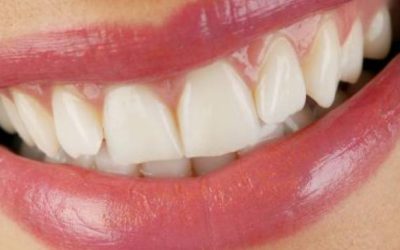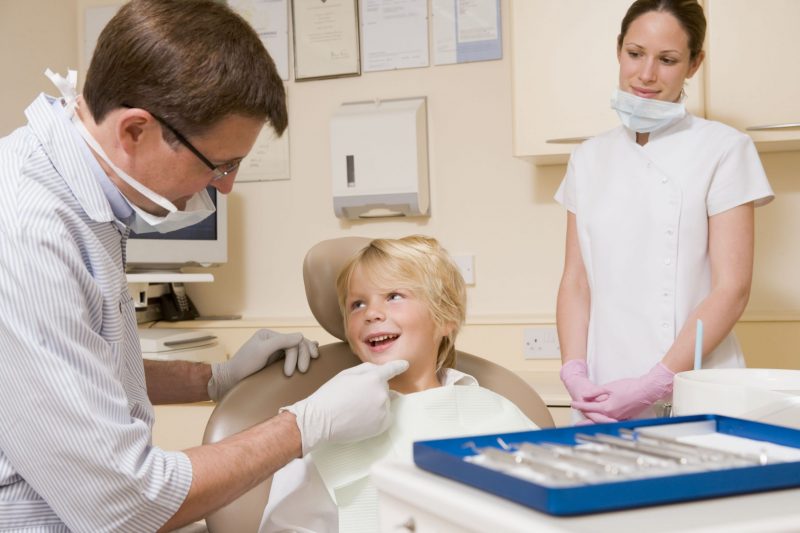Implants deal with both the jaw bone and the neighboring teeth. They are always perfect and can anchor bridges or partial and total prostheses firmly in the jaw. And flavor-changing adhesive creams can also be used too. But what puts an implant above all other treatment options? This article will show you the importance of dental implants and why a Dental Clinic in Eagan MN should be considered before all else.
Whether a dental implant is a right choice or not depends not on the age of the patient but on his or her general health. If there is no health problem, an implant can be used at any age. This is especially the case for older patients with very little teeth left, however, mini-implants are also suitable for anchoring since the healing time is shorter, and the procedure is gentler than ever.
Are implants suitable for everyone? Not quite… Under certain conditions, implants cannot be used. Anyone who does not take his or her oral hygiene seriously and, thus, does not properly care for the implants, should not have the procedure done. The reason behind this is simple -; if a person does not take care of their new teeth, they will end up falling out just like their other “original” teeth. However, the use of certain drugs, such as psycho-pharmaceuticals, blood clotting or osteoporotic medications, can make implantation impossible. If periodontal disease is present, it must first be treated before implants can be used. Other diseases, such as wound healing problems, severe cardiovascular diseases or untreated diabetes, can make the supply of implants difficult. Speak with a Dental Clinic in Eagan MN to determine if you qualify for this procedure.
If the work done by the dentist goes without a hitch, dental implants cannot be distinguished from natural teeth. Only Dakota Dental & Implant Center and the patient knows that the tooth root is made of titanium and that the “tooth” is made of ceramics. An implant is suitable for almost everyone and is almost always the better solution for tooth loss. Excuses, such as pain or intolerance of the implants, are a thing of the past. Nowadays, the procedure is minimally invasive, usually almost pain-free and has good success rates of 95%.


